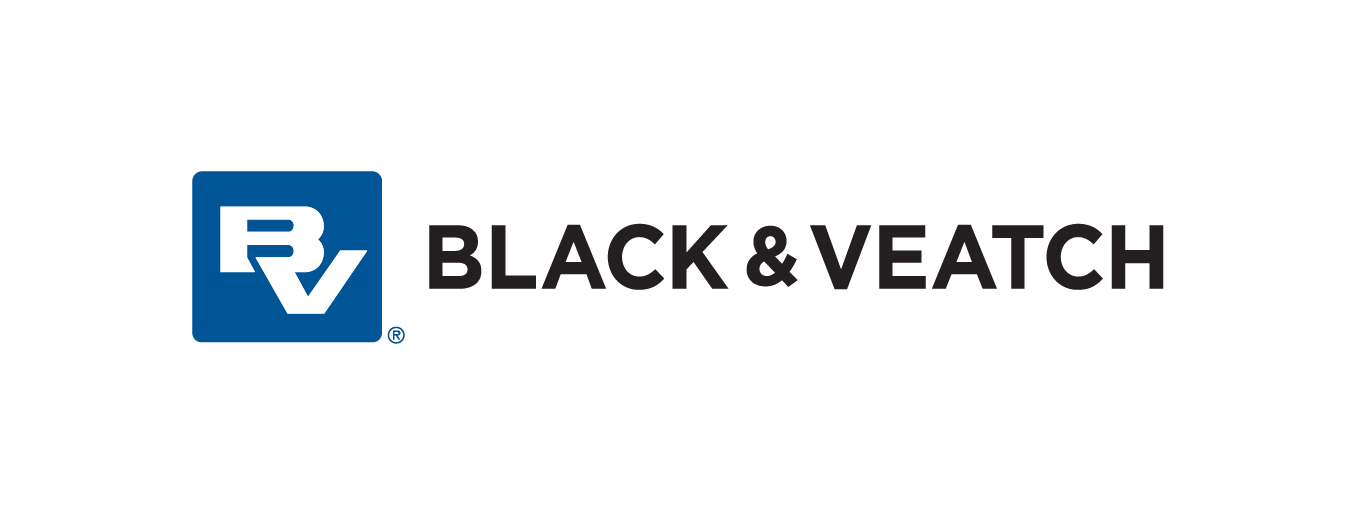Black & Veatch: With Their Surging Populaces More Technologically Savvy, Cities Must Start Planning Digitally Connected Communities
New e-Book says digitizing infrastructure can lead to resilience, sustainability and better quality of life, services
OVERLAND PARK, Kan., March 4, 2019 /3BL Media/ – Urban centers are growing more congested. Digitalization takes deepening root in the American experience. Connected devices number into the billions, stoking the influence of consumers at the epicenter of this new on-demand, data-driven economy.
And now to no one’s surprise, they’re pushing their civic leaders for innovations that enhance service delivery and quality of life. At this dawning of the revolutionary age of the “connected community,” digital platforms, data analytics and apps are being put in play to bolster citizen and customer satisfaction and engagement.
It’s a promising, exciting story unfolding, and Black & Veatch is telling it. The technology integrator’s latest free electronic book – “Digitally Connected Communities” – encapsulates how stakeholders ranging from states, regions, and municipalities to universities, medical campuses, utilities and telecommunications carriers can reinvent themselves through digital technology.
Perhaps the migration to connected communities is unavoidable, given the ever-increasing disruption of digitalization. The 21-page e-Book, replete with infographics and other compelling visuals, notes that two-thirds of U.S. cities are investing in digital technologies. And industries are changing: 70 percent of all U.S. jobs as of 2016 required workers to have moderate to high digital skill or computer literacy, up from just 5 percent just 14 years earlier. All the while, eight of every 10 Americans now live in cities, with that number expected to rise to 90 percent by the middle of this century. Those constituents are clamoring for a better digital interface with those governing them.
All of that should incentivize city leaders to start the planning that advances a community’s foundational infrastructure, already straining and long in decline. Such roadmaps now are vital, given that multi-pronged, capital-intensive digital infrastructure projects require careful coordination and can have long lead times for everything from financing and engineering to permitting and construction. Planning also should feature foundational telecommunications, smart sensors, cybersecurity, and data science and analytics, all of which can lead to configurable, resilient and sustainable operations that evolve with innovation.
Costs have emerged as one of the chief factors holding cities back from adopting smart cities technologies, with many municipal planners worrying it’s not affordable, according to Black & Veatch’s “2018 Strategic Directions: Smart Cities & Utilities Report.” But Fred Ellermeier, vice president of Black & Veatch’s Connected Communities business, says smart city efforts often can pay for themselves over time and support other developments, perhaps through energy efficient systems or even Internet of Things (IoT) that delivers a revenue stream such as digital kiosks that give users information about local events and area amenities.
Smart city initiatives increasingly are stemming from customizable public-private partnerships (P3), giving cities access to more funding and expertise, Ellermeier said.
“As we note, innovation waits for no one, and the digital technology ladder will only reach new heights,” he said. “It’s change for the better.”
Editor’s Note:
- Please click here to download “Digitally Connected Communities.”
- Black & Veatch’s other e-Books examine digital electricity, autonomous vehicles and 5G.
About Black & Veatch
Black & Veatch is an employee-owned, global leader in building critical human infrastructure in Energy, Water, Telecommunications and Government Services. Since 1915, we have helped our clients improve the lives of people in over 100 countries through consulting, engineering, construction, operations and program management. Our revenues in 2017 were US$3.4 billion. Follow us on www.bv.com and in social media.
Media Contact Information:
JIM SUHR | +1 913-458-6995 P | +1 314-422-6927 M | SuhrJ@bv.com
24-HOUR MEDIA HOTLINE | +1 866-496-9149

